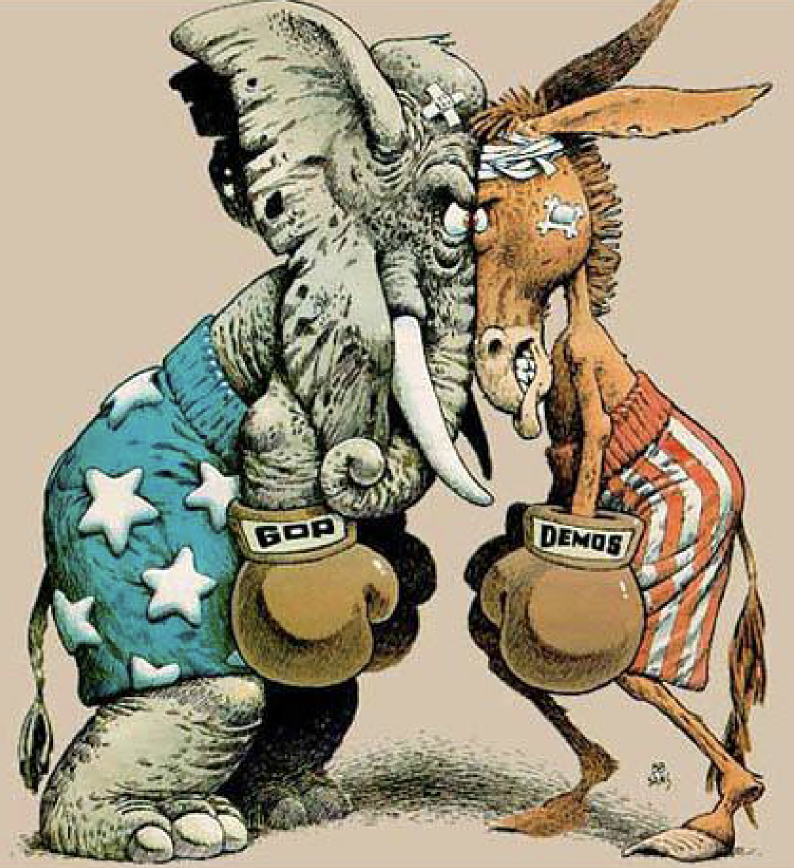- Have the twin victories of Trump (who barely campaigned) and Biden (who did not campaign) in NH shown that the phrase “all politics are local” is no longer true?
R: Yes, the phrase that “all politics are local” is now part of some halcyon and bygone era. Unfortunately, modern politics has become centered on two new phenomena that have not been present, at least to a large extent, in the past. The first is choosing a party over the policy it represents, and the other is a hyper-fixation with national politics rather than local deliberation. The former has hurt American politics by making it difficult to achieve political progress in the name of mere party allegiance, while the latter has hurt American politics by nationalizing every issue. At the heart of conservatism is a belief that issues are best settled at the lowest level possible. Thus, if we are to heal our political divide, we must localize our politics and once again return to choosing candidates who represent our communities’ individual and unique needs in the most efficient way.
L: The twin victories of Donald Trump and Joe Biden in the First-In-The-Nation New Hampshire Primary reaffirm the idea that “all politics is local.” In the case of the president opting not to place his name on the ballot, a grassroots write-in campaign emerged. Headed by veteran operatives of New Hampshire politics, the write-in effort wrote letters to the editor, held signs, knocked on doors, and had all the components of a traditional campaign. Even without a candidate, the “Write-in Biden” effort garnered over three times the support of the second-place finisher, Minnesota congressman Dean Phillips. On the other side, Donald Trump campaigned extensively in the Granite State. During the final days before the primary, he had daily events all across the state. In his events, there was a noticeable lack of energy and creativity when compared to eight years ago. Trump’s efforts were not as extensive as Nikki Haley’s were, especially when compared to her week-long schedule of multiple stops a day in school, diners, and other dwellings of voters. Haley’s barnstorming of the state, with extensive support from Gov. Chris Sununu, spoke volumes to many voters. Apparently, though, it was not enough, as while Haley cleared forty percent of the vote, she lost to Donald Trump by eleven percent. In our current primary system, the First-in-the-Nation New Hampshire primary has a long history of making and breaking once-fruitful candidacies. 2024 is no exception. Trump and Biden’s victories cemented their status as their respective parties’ nominees. What that means for the future remains to be seen.
- What political podcast would you recommend?
L: With their high tendency to rot the brain, podcasts, especially political podcasts, are not worth the time of any listener. More hipster than the organic vegan coffeehouses that dot the streetcorners of every major city, podcasts are the successor to another precariously popular form of media consumption– audiobooks– both of which offer a lesser experience than physical or digital media.
R: I recommend the Michael Knowles show to those who are interested in political podcasts. Mr. Knowles is quite intelligent (he is a Yale alumnus) and has a great level of perspicacity. He brings a great knowledge of the classics, history, and Catholicism to politics and tops this all with his incredible wit and humor. This is the most interesting and intelligible political podcast I have come across, and in this day and age, there are not many podcasts that can be awarded such epithets.
- If your club had a $10,000 budget, what would you do with it?
R: I am not one for “if” questions, as they are completely illogical. However, I would use this $10,000 budget to pay for a trip to some conservative conference of the club’s choice.
L: If College Democrats had a $10,000 budget, I would like to see it directed towards the purchase of a Hobbit House replica for meetings to take place in.


